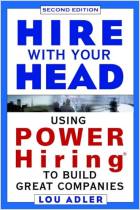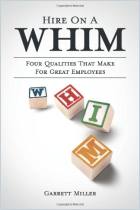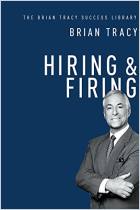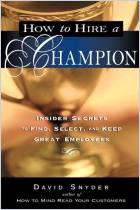Recommendation
Hiring consultant Carol Quinn synthesizes more than 30 years of recruiting experience into a simple, rational methodology she calls Motivation-Based Interviewing (MBI). MBI assesses candidates based on their skills, attitude and career fit, which together, drive self-motivation. Counter to conventional wisdom, Quinn places responsibility for engagement on the employee, which, in turn, puts the onus on organizations to hire self-motivated high performers who fit their roles. Quinn’s guide offers helpful insights into motivation and candidate selection, and belongs on every interviewer’s bookshelf.
Summary
About the Author
Carol Quinn is the founder and CEO of the hiring consultancy Hire Authority.
Learners who read this summary also read
Book
Book
Book
Book
















Comment on this summary